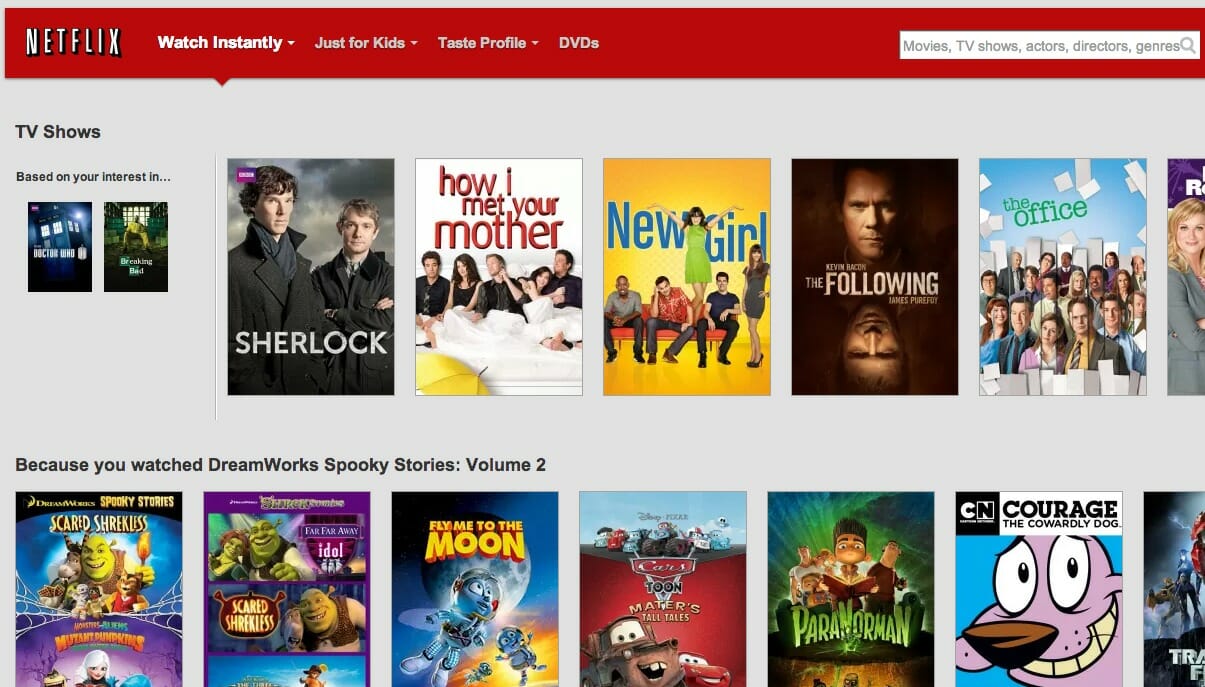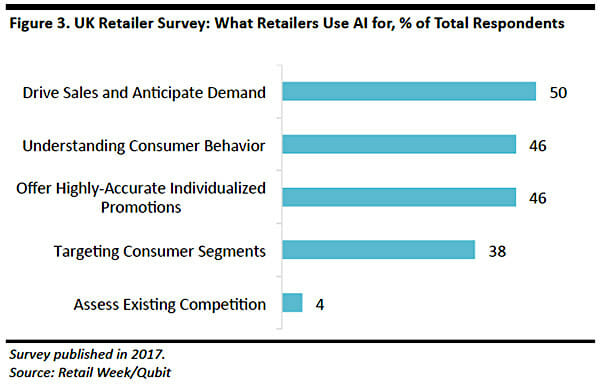Today, the major part of a typical content marketing campaign process
is manual. From keyword research and planning blog article topics, to
content curation and sending emails, almost all lead generation tasks
require human intervention.
However, Artificial Intelligence integration in the process will give marketers access to deeper, actionable insights and enable them to accurately predict outcomes. The introduction of AI in the field of content marketing will essentially allow marketers to focus on tasks of higher value that impact business performance and leave the mundane and repetitive tasks to the machines.

The marketing automation that content marketers utilize today is
still primarily manual. These platforms help to save time, increase
efficiency and productivity, and drive performance. However, they do not
provide deep insights into data, make recommendations on actions to
take, predict outcomes or create content.
Artificial Intelligence will change all this for content marketers.
Let’s take a real-world example from the burgeoning entertainment industry that has seen revolutionary change with the advent of streaming video platforms.
The video streaming platform Netflix recommends and creates video content and entertainment shows based on in-depth analysis of viewer data and individual preferences. This is possible because of a strategic integration of Machine Learning systems on Netflix’s platform.

75% of what is viewed by audiences on Netflix is generated from algorithm-based recommendations.
Similarly, AI-powered algorithms also power self-driving vehicles by Tesla, voice recommendation engines like Microsoft’s Cortana and e-commerce giant Amazon’s product recommendations. And we're only going to see more of this in the very near future.

However, there are dedicated attempts being made to make Artificial Intelligence technology more cost effective, affordable and easily accessible, which should propel the development and wider adoption of AI across various industries. The challenge, then, will lie in employing technical talent that is capable of building and executing Artificial Intelligence and Machine Learning solutions.
However, Artificial Intelligence integration in the process will give marketers access to deeper, actionable insights and enable them to accurately predict outcomes. The introduction of AI in the field of content marketing will essentially allow marketers to focus on tasks of higher value that impact business performance and leave the mundane and repetitive tasks to the machines.

Artificial Intelligence will change all this for content marketers.
Let’s take a real-world example from the burgeoning entertainment industry that has seen revolutionary change with the advent of streaming video platforms.
The video streaming platform Netflix recommends and creates video content and entertainment shows based on in-depth analysis of viewer data and individual preferences. This is possible because of a strategic integration of Machine Learning systems on Netflix’s platform.

Similarly, AI-powered algorithms also power self-driving vehicles by Tesla, voice recommendation engines like Microsoft’s Cortana and e-commerce giant Amazon’s product recommendations. And we're only going to see more of this in the very near future.
Content Marketing Is on the Brink of an AI Revolution
It is highly evident, based on recent trends in the market, that data science will effectively change how businesses are managed because computer systems are going to be our primary aids in redefining the way businesses interact with their customers.- If you want a credible example to highlight the changing face of content marketing, you need look no further than the social media network Facebook. After just a little over a decade in existence, Facebook is already harnessing Deep Learning capabilities with Deep Text, their AI language processing engine that has “near-human accuracy” in the way it understands and talks to real humans. Deep Text is used with their Messenger chatbot, to filter users’ News Feeds and perform facial recognition on photographs that are uploaded.
- Media company NBCUniversal uses AI to create intelligent content, customized clip generators, and computer vision, which “automatically discovers the content and context of video, including data on who is in a scene, what is happening, what is being said, and even the underlying sentiment.”
- Next Insurance uses Artificial Intelligence for its claims process that is “99.9% accurate” which allows the company to process their customers' claims a lot faster.
- Spotify uses AI to offer personal music recommendations for its users, Apple uses AI for its virtual personal assistant Siri, and many retailer stores use AI for the perfect cross-channel experience for their customers.

How to Survive and Grow in the Artificial Intelligence Age
AI is already revolutionizing the marketing industry and will continue to transform jobs, disrupt content marketing much more rapidly than we can possibly imagine, and create immense opportunities for businesses that can effectively leverage this technology.However, there are dedicated attempts being made to make Artificial Intelligence technology more cost effective, affordable and easily accessible, which should propel the development and wider adoption of AI across various industries. The challenge, then, will lie in employing technical talent that is capable of building and executing Artificial Intelligence and Machine Learning solutions.
0 comments:
Post a Comment